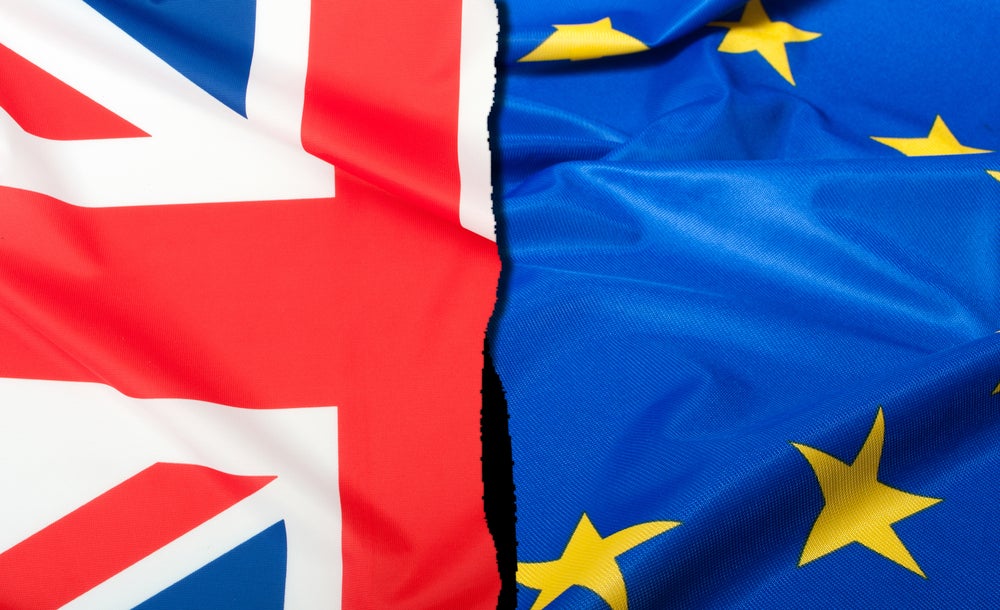
I have always regarded the Data Protection Act as the biggest threat to what’s left of the UK’s press freedom. The landscape would change significantly if legislators tightened the act’s ‘journalistic exemption’.
Many people have told me over the years: ‘That will never happen.’ But it seems that I may have been right.
Enter the EU’s latest threat to free speech: the General Data Protection Regulation (GDPR), which will take effect in May 2018.
The GDPR will give people greater rights over their personal data and strengthen the rules on consent. It will also enshrine the ‘right to be forgotten’ into EU legislation.
The regulation does not include a journalistic exemption. It leaves EU states to provide their own.
And this gives the UK government the opportunity to introduce a new, less generous exemption, as suggested by the Leveson Inquiry.
And this gives the UK government the opportunity to introduce a new, less generous exemption, as suggested by the Leveson Inquiry. If it did, the stricter regime would almost certainly remain in UK law, even if other elements of the GDPR were amended or scrapped at a later stage.
The “journalistic exemption” is found in the DPA’s section 32, and exempts the press from most of the act’s provisions. Without it, many stories wouldn’t be published.
The exemption means that if a media organisation is challenged under the DPA, it can justify its actions in the public interest.
In reality, challenges are rare. However, editors are likely to see more of them, now that the Defamation Act 2013 has made libel actions harder to win.
The Information Commissioner reassured the media in 2014 that the data protection regime was not intended to obstruct a free and fair press. But that counts for nothing if Parliament changes the law.
However, it’s not too late to influence the Government. The Department for Culture, Media and Sport is currently consulting on some aspects of the GDPR, including the journalistic exemption. The deadline for submissions is May 10.
Details are here https://www.gov.uk/government/uploads/system/uploads/attachment_data/file/610133/EnglishGDPRCFV_v1.5.2pdf_2.pdf.
And brief online submissions can be made here
Hopefully editors, publishers and individual journalists will make their view known. They may not get another chance.
Cleland Thom is author of Online law for journalists
Email pged@pressgazette.co.uk to point out mistakes, provide story tips or send in a letter for publication on our "Letters Page" blog
